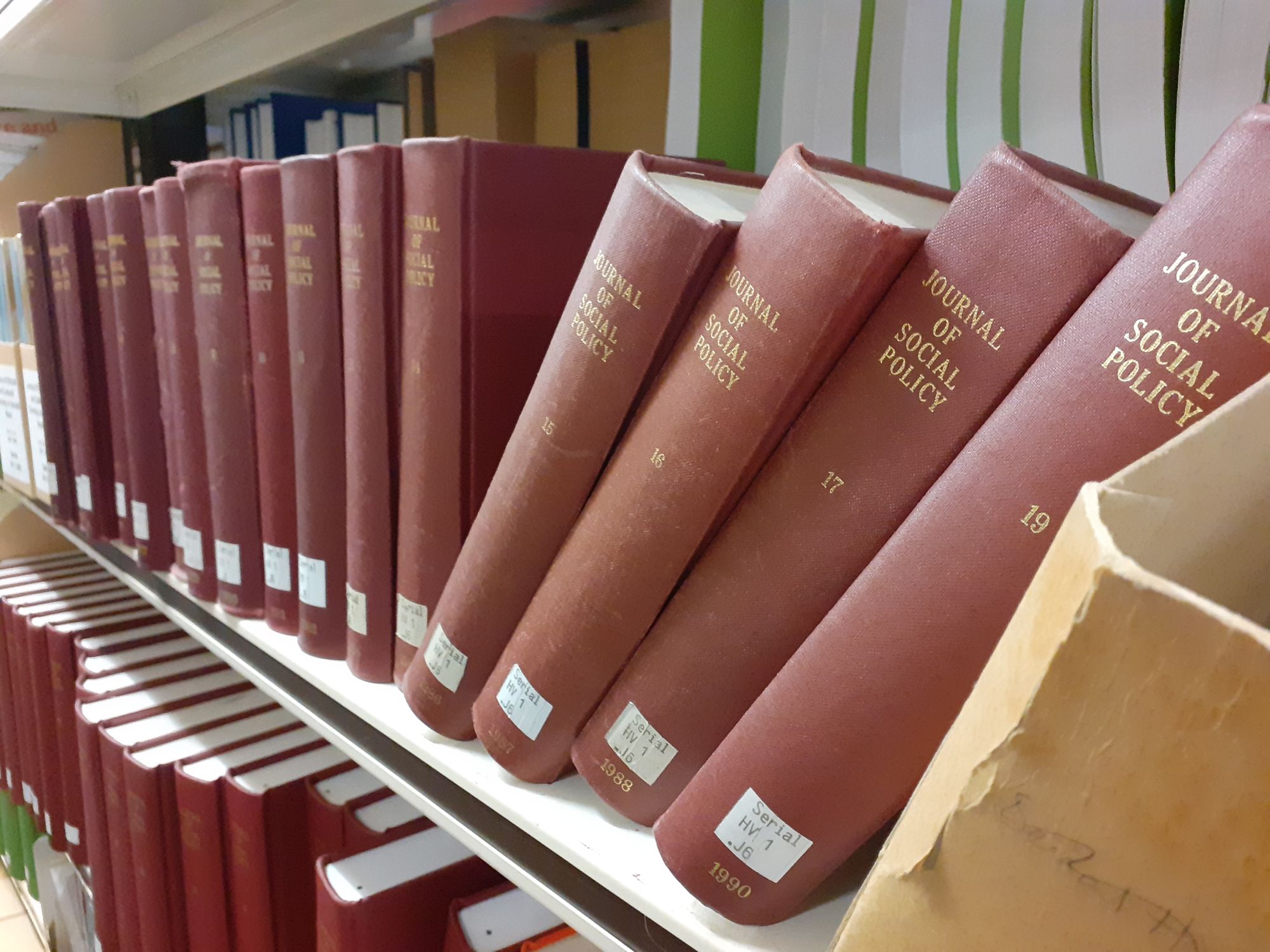By Molly Pipe, Second Year, Social Policy and Politics
Online exams have seen ‘increased reports of cases of collusion and plagiarism’ despite special software being used to monitor test takers.
71 students have been under investigation for cheating in online exams and timed assessments since March last year, Epigram has discovered. Of those, 54 students have been found guilty, with a ‘large proportion’ of cases yet to have reached a verdict.
All students who were found guilty have been given a penalty. These measures range from the students having to retake work, to a lower mark (or no marks) being awarded for the relevant assessment or unit.
A University spokesperson said that the institution ‘could impose more severe penalties in the most serious cases. These could include the award of a lower degree class and potentially the temporary or permanent exclusion of a student from their degree programme.

‘Clearly we are concerned about this and want to support students so they avoid unwitting plagiarism or collusion. We will be publishing a variety of materials in advance of the summer assessment period to help support students prepare for their exams and timed assessments.’
The spokesperson also voiced concern about the national use of ‘essay mills’, in which students pay another party to complete an assignment on their behalf. They warned that, as well as these schemes breaching academic integrity, there have been ‘cases nationally where students have fallen victim to blackmail attempts after using essay mills.’
The Covid-19 pandemic has meant that many examinations have been moved online, with students completing them from their own homes.
Some assessments have specific start and end times, as with regular exams. Others will give students a window in which to complete an assignment, with guidance on how long the task should take.
‘We are committed to honesty, fairness and integrity in academic work, so that students are rewarded for their achievements and to ensure that the value of a Bristol degree is not endangered’ - A University spokesperson
The University counts a range of offences as cheating, including accessing unauthorised texts, helping or receiving help from someone else and copying another student’s work.
The prospect of online exams led some to fear that cheating would be easy to execute. However, the University has employed proctoring software to reduce the chance of this happening.
Third-year Medicine student Ben Sewell reported having to download the software RPNow, which would monitor computer activity during the exam. The programme would block certain sites such as Spotify, and would be able to tell whether students opened other tabs.
Students were also filmed and recorded during the exam, and had to video the space around them before the assessment began to demonstrate a lack of any unauthorised material.
Tributes paid following discovery of body in search for Olisa Odukwe
Meet the Bristol University students standing as Councillors in next week’s local elections
‘We were told that if there’s a lot of noise going on or you were looking away from the screen for a long time, that would flag something up automatically, and the Faculty Board would review the footage,’ Ben explained.
‘Given the circumstances, they couldn’t do a heck of a lot more [to stop cheating] without being very invasive to people’s personal space.
He added: ‘I don’t think it’s impossible to cheat, but you’d have to be quite brave and creative in order to do it.’
Featured: Epigram / Filiz Gurer
Do you think online exams protect enough against cheating?







